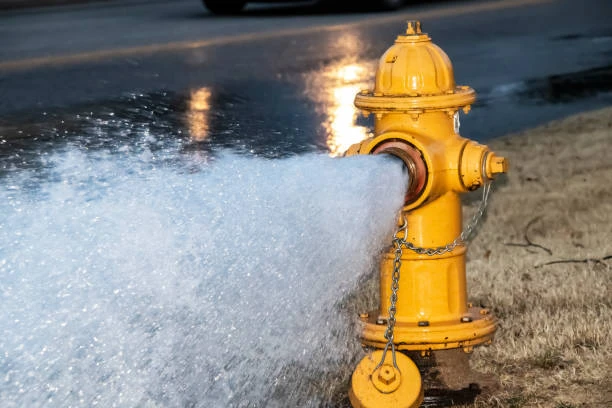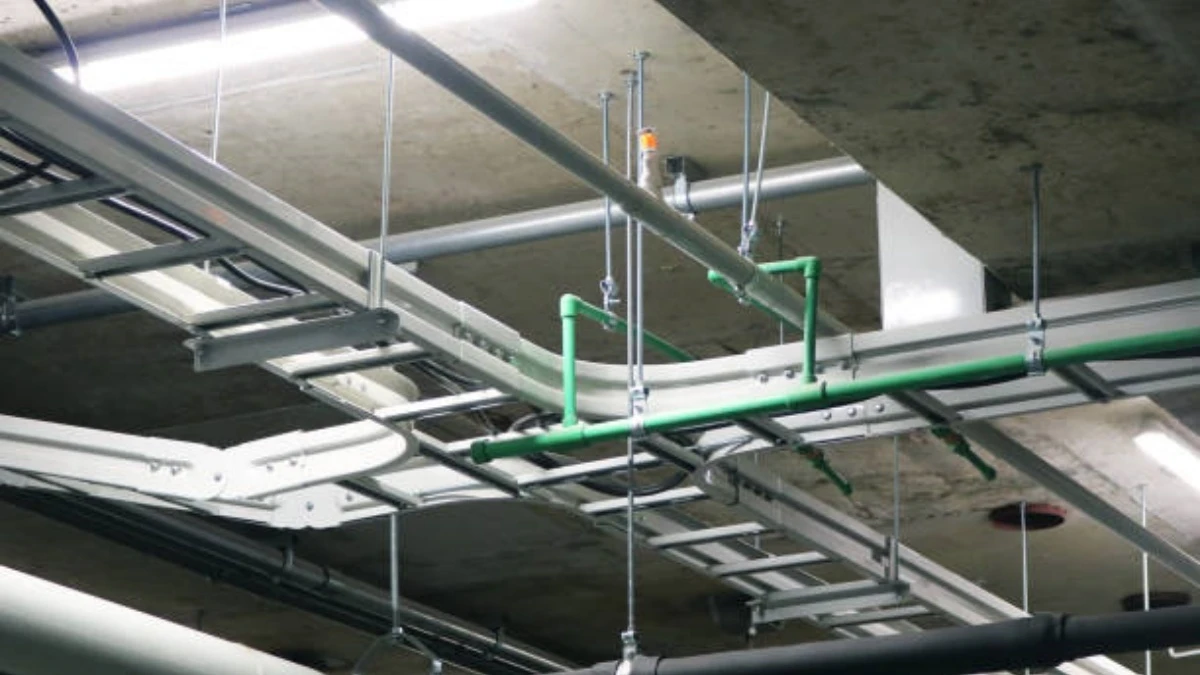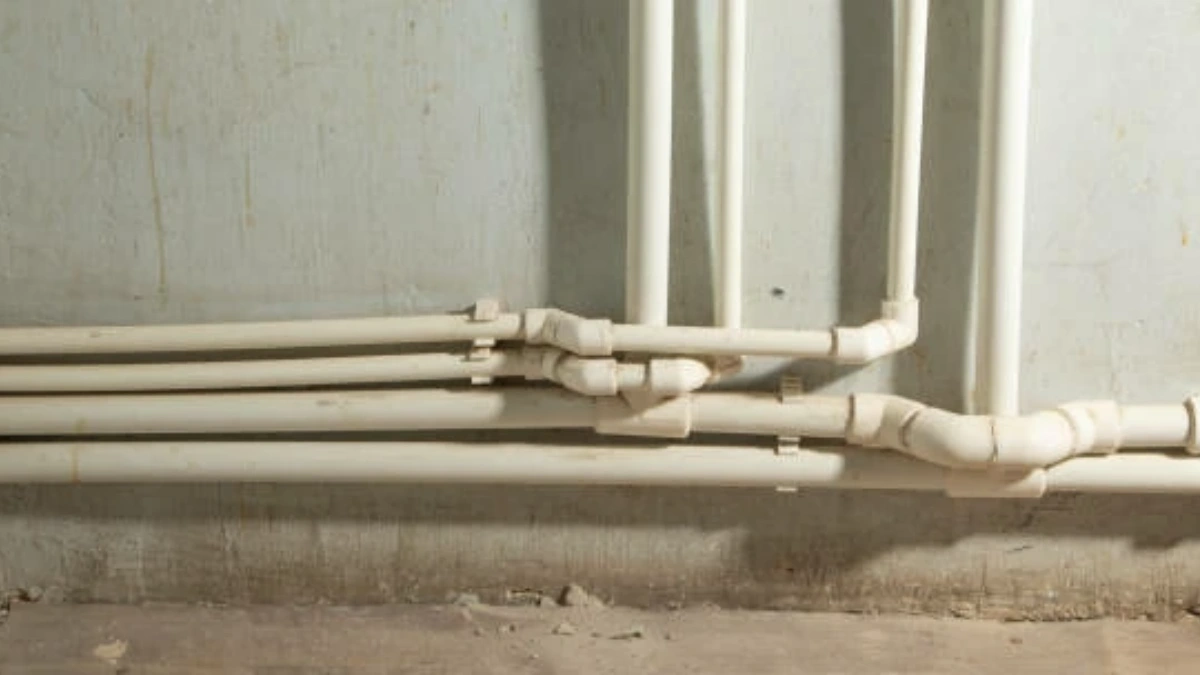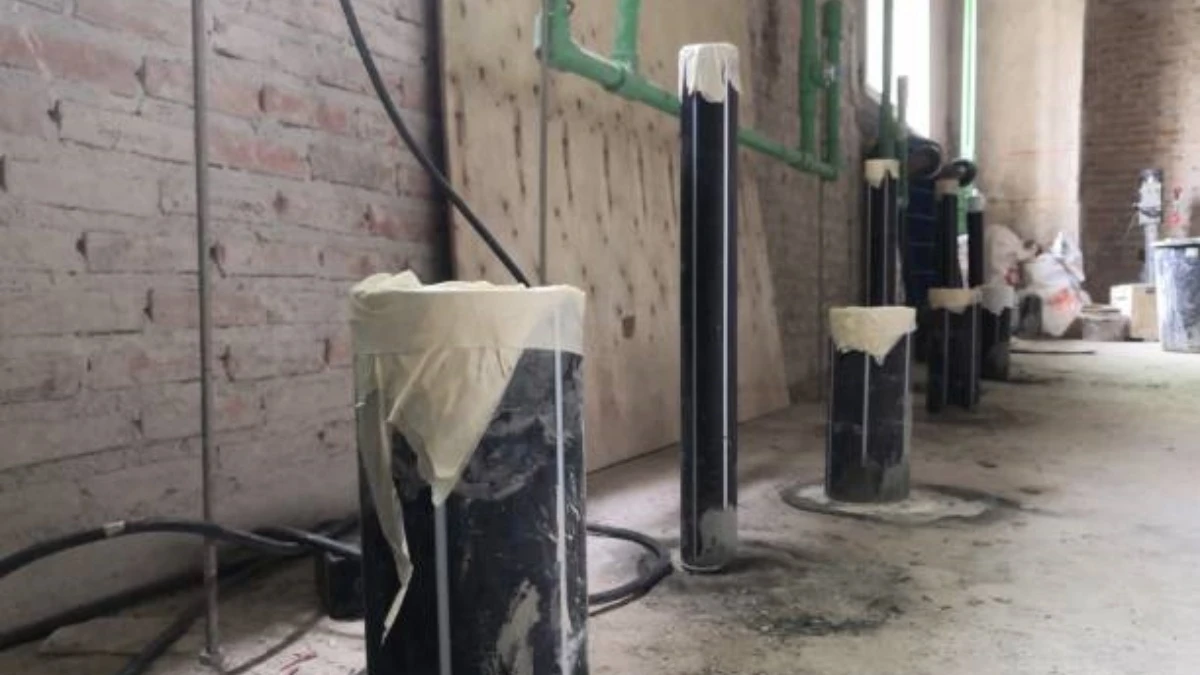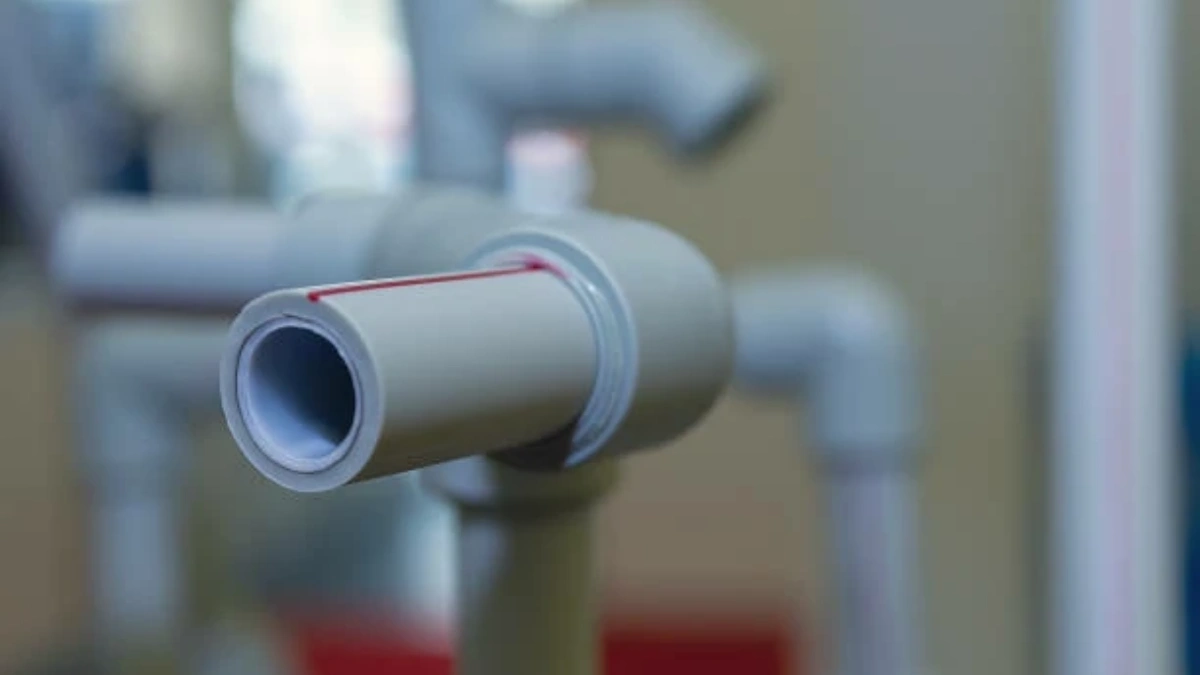In recent news, the automotive industry has been shaken by a significant recall involving approximately 1,600 hydrogen fuel cell vehicles. The primary reason for this recall is a potential fire risk associated with a faulty pressure valve. In this article, we will explore the implications of this recall, the functioning of pressure valves in hydrogen cars, and what consumers should know moving forward.
Understanding Hydrogen Fuel Cell Vehicles
Hydrogen fuel cell vehicles (FCVs) represent a promising step toward sustainable transportation. Unlike traditional gasoline vehicles, FCVs utilize hydrogen gas to generate electricity through a chemical reaction in the fuel cell. Which powers the electric motor. The only byproduct of this process is water vapor, making hydrogen cars an environmentally friendly alternative.
However, the technology behind hydrogen cars is complex, and safety mechanisms, such as pressure valves, are critical for their safe operation.
The Role of Pressure Valves in Hydrogen Cars
Pressure valves are essential components in hydrogen fuel systems. They regulate the flow and pressure of hydrogen gas stored in high-pressure tanks. These valves are designed to prevent over-pressurization, which can lead to dangerous situations. Which including leaks or, in the worst-case scenario, explosions or fires.
How Pressure Valves Work
Pressure valves operate based on specific thresholds. When the pressure inside the hydrogen tank exceeds a predetermined level, the valve opens to release excess pressure. This mechanism is vital for maintaining safe operating conditions. If a pressure valve malfunctions, it can result in catastrophic failures, leading to safety hazards for drivers and passengers.
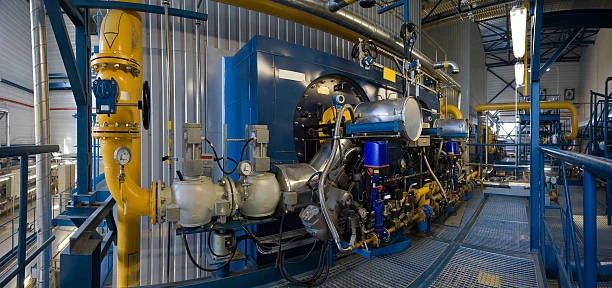
The Recall Announcement
The recall was announced after a thorough investigation revealed that a batch of hydrogen vehicles contained defective pressure valves. These faulty valves may not perform as intended, increasing the risk of hydrogen leakage and potential fire hazards. The manufacturer is working diligently to rectify the issue and ensure the safety of their vehicles.
Affected Models
The recall affects several models produced over the past few years. Owners of these vehicles are advise to contact their dealers for inspections and necessary repairs. The manufacturer is committee to providing support and solutions to ensure that affected customers feel safe and secure in their vehicles.
Implications of the Recall
The recall highlights significant concerns regarding the safety of hydrogen fuel cell technology. While hydrogen vehicles have been tout as a clean alternative to fossil fuels. Which incidents like this underscore the importance of rigorous safety standards and quality control in the production of automotive components.
Impact on Consumers
For consumers, the recall raises questions about the reliability of hydrogen vehicles. Owners may feel apprehensive about the safety of their cars and the potential risks associated with operating a vehicle that has been flag for safety concerns. It is crucial for manufacturers to address these worries transparently and provide clear communication regarding the recall process.
Industry Response
The automotive industry is responding to this recall by re-evaluating safety protocols and quality assurance measures. Manufacturers are likely to increase testing and inspection of critical components. Such as pressure valves, to prevent similar issues from arising in the future. This incident serves as a reminder of the need for continuous improvement and vigilance in automotive safety standards.
The Role of Regulatory Agencies
Regulatory agencies play a vital role in ensuring the safety of vehicles on the road. They oversee the recall process, ensuring that manufacturers adhere to safety regulations and effectively communicate with consumers. This incident may prompt regulatory bodies to impose stricter guidelines on hydrogen vehicle safety.
Moving Forward: What Should Consumers Do?
If you are an owner of one of the affected hydrogen vehicles, it is essential to stay informed. Here are some steps you can take:
- Contact Your Dealer:
Reach out to your vehicle’s manufacturer or authorized dealer for information regarding the recall and the steps you need to take. - Schedule an Inspection: I
f your vehicle is include in the recall, schedule an inspection as soon as possible to address any potential issues with the pressure valve. - Stay Updated:
Keep an eye on updates from the manufacturer regarding the recall process and any additional safety measures being implemented. - Educate Yourself:
Understanding how hydrogen fuel systems work can help you feel more confident in your vehicle’s safety and the technology behind it. - Consider Alternatives:
If you have concerns about the safety of hydrogen vehicles, explore alternative fuel options or traditional electric vehicles that may provide peace of mind.
The Future of Hydrogen Vehicles
Despite this setback, the future of hydrogen fuel cell technology remains promising. Automakers and researchers are continually working on improving the safety and efficiency of hydrogen vehicles. As the industry matures, we can expect advancements that enhance not only the performance but also the safety of these innovative vehicles.
Conclusion
The recall of 1,600 hydrogen cars due to a faulty pressure valve is a critical reminder of the importance of safety in the automotive industry. As manufacturers address these issues, consumers must remain vigilant and informed. Hydrogen fuel cell technology holds great potential for a sustainable future, but safety must always come first.
Frequently Asked Questions (FAQ)
- What are hydrogen fuel cell vehicles?
Hydrogen fuel cell vehicles use hydrogen gas to generate electricity, emitting only water vapor as a byproduct. - What is a pressure valve?
A pressure valve regulates the pressure of hydrogen gas in fuel tanks, preventing over-pressurization and potential safety hazards. - Why were the hydrogen cars recalled?
The recall was initiated due to faulty pressure valves that may increase the risk of hydrogen leakage and fire. - How can I find out if my vehicle is affected by the recall?
Contact your vehicle’s manufacturer or authorized dealer for information regarding recall status. - What should I do if my vehicle is recalled?
Schedule an inspection with your dealer and follow their guidance for necessary repairs. Stay informed about the recall process.
